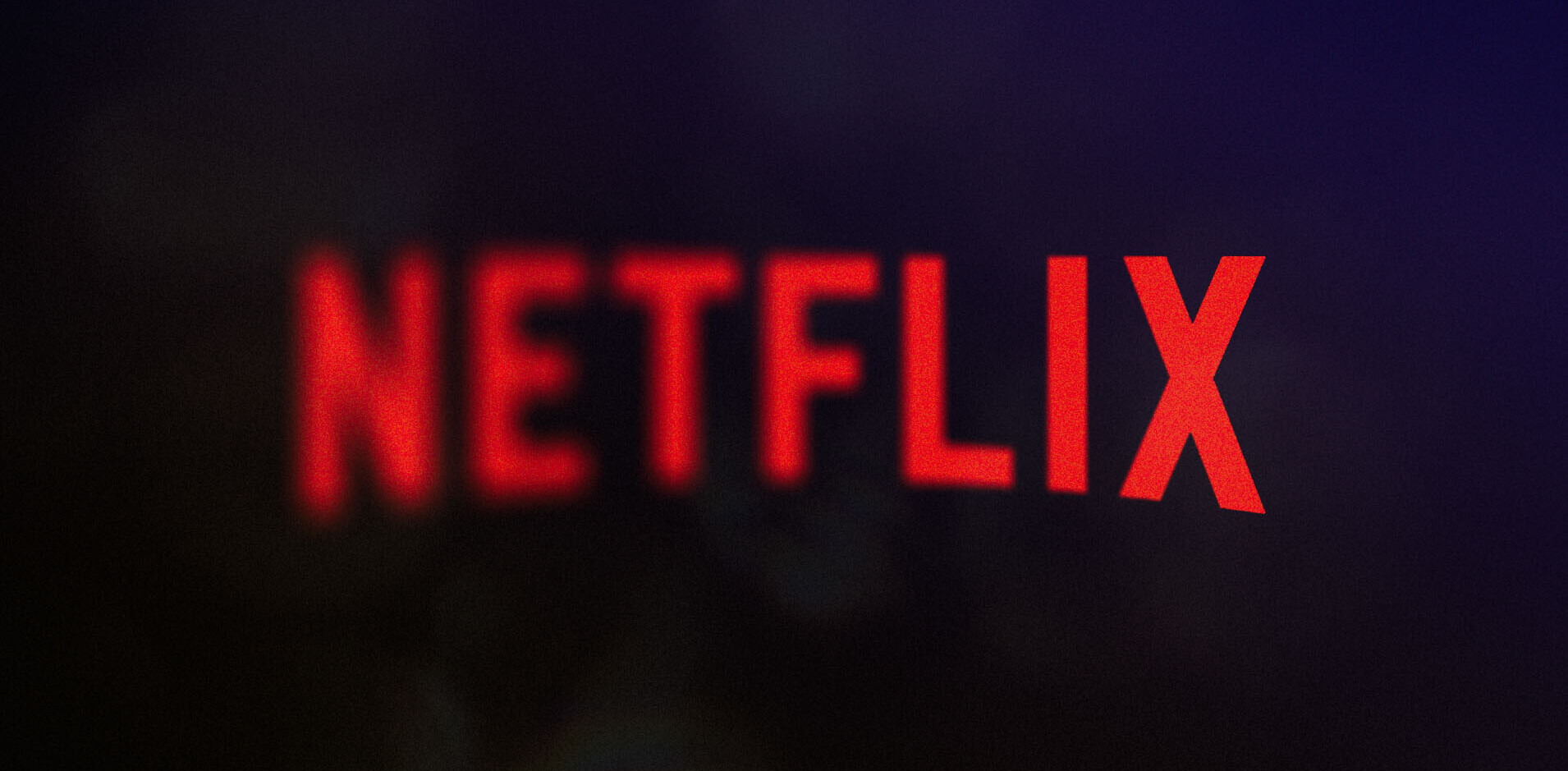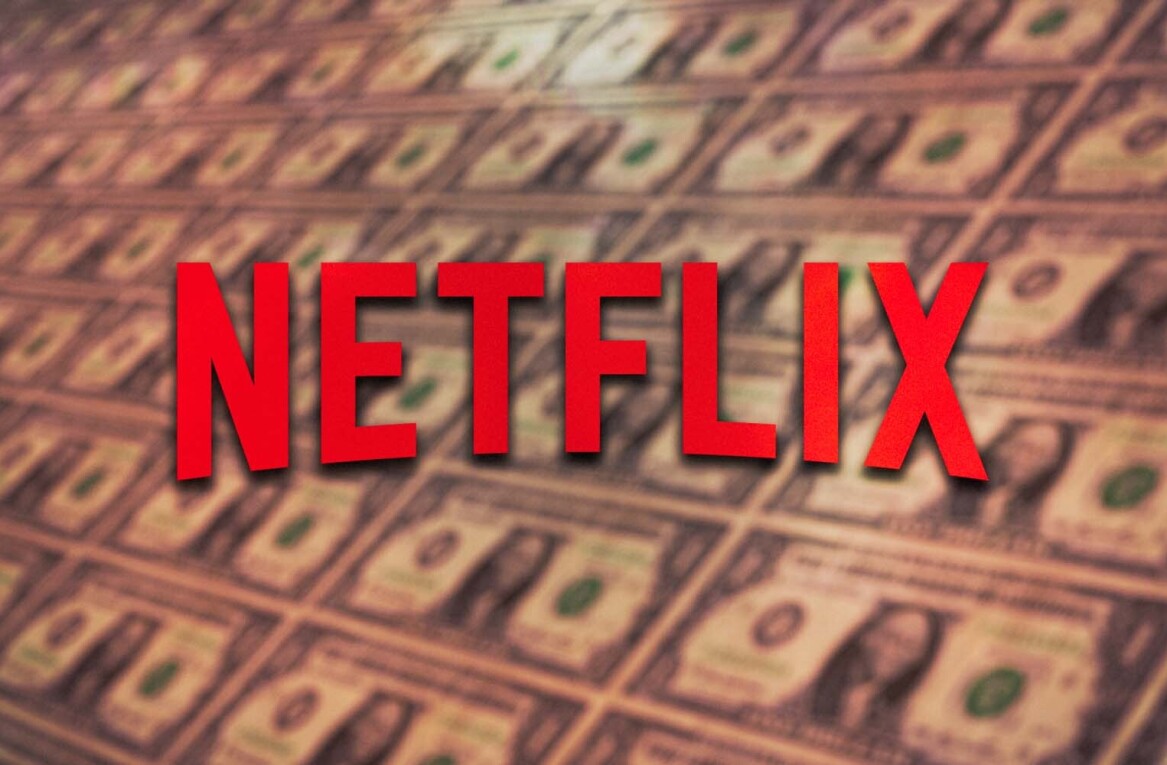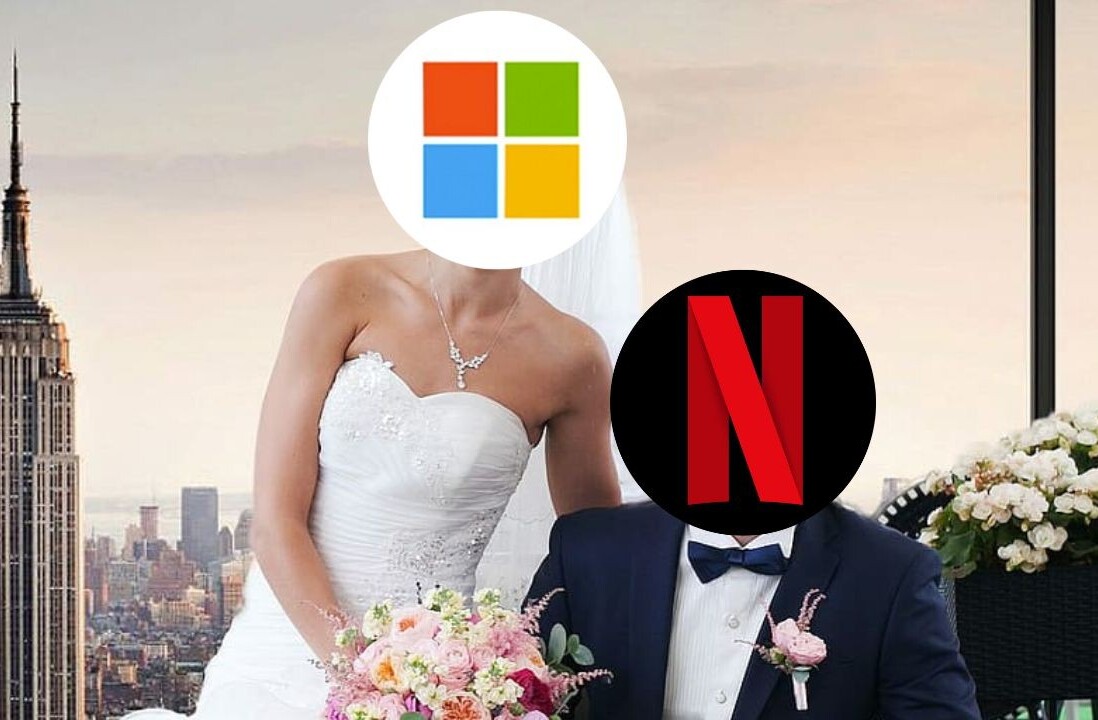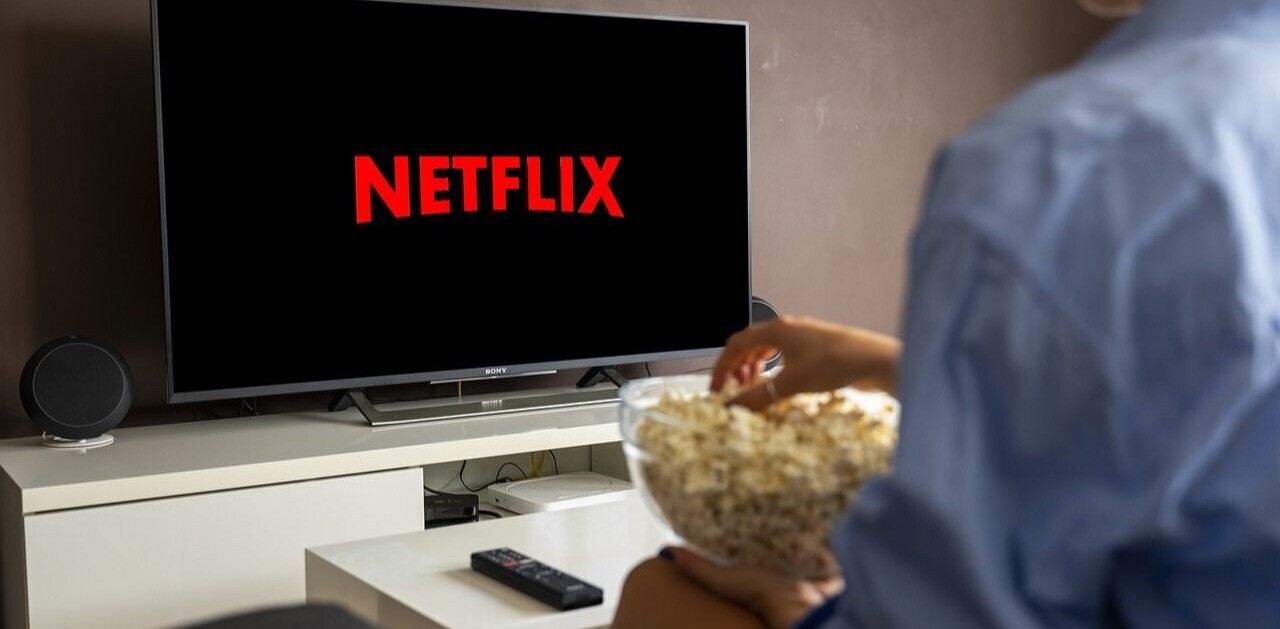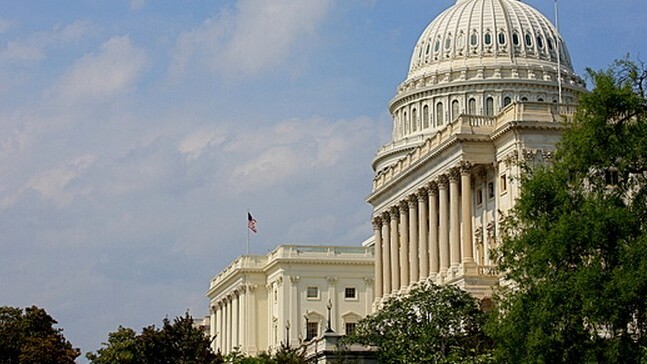
Today by a voice vote, an update to the Video Privacy Protection Act (VPAA) was passed in the House. The bill, H.R. 6671, will allow users to opt-in online to having their video history shared digitally. If that sounds scary, don’t worry; it will grant Netflix the ability to post what you have recently watched to Facebook just as Spotify does now with your tunes.
Users will have to provide express consent, but will be able to do so on the web. Previously, written permission was required. Would you ever physically post a missive to allow Rdio to share your musical tastes around the Internet? Of course not.
However, as always with this sort of thing, a sticking point remains. In the Senate version of the bill, a change to email privacy was included. It would make a warrant required in certain circumstances for an email to be read by the government. The potential change represents a great increase in the privacy of private digital communications. The House stripped that portion, and passed the video language instead.
The Republican-controlled House’s vote against individual privacy from government snooping will not win it plaudits from civil-liberties advocates – or TNW, for that matter. However, as the Netflix-backed VPAA update has strong current momentum, it could become law, provided that the Senate is willing to wait on email privacy and pass the rest without too much of fight.
The Senate bill has passed committee, but has not progressed further. As TNW reported previously, there are voices in the Senate that are worried about the email change as well:
[N]ot all are enthused about the idea of erecting walls between police and information that could be helpful with their work. This is a very simple, easy to grok tradeoff between privacy and potential security. Senator Chuck Grassley, for one, has expressed concern about the impact of the proposed changes could negatively impact safety tasks.
It’s hard to see a path forward for the email privacy concept this year. Netflix may net itself a Christmas present with its lobbying dollars, but the average consumer will not receive a cloak of better protection from prying eyes. And that’s a shame.
Top Image Credit: Zoe Rudisill
Get the TNW newsletter
Get the most important tech news in your inbox each week.
